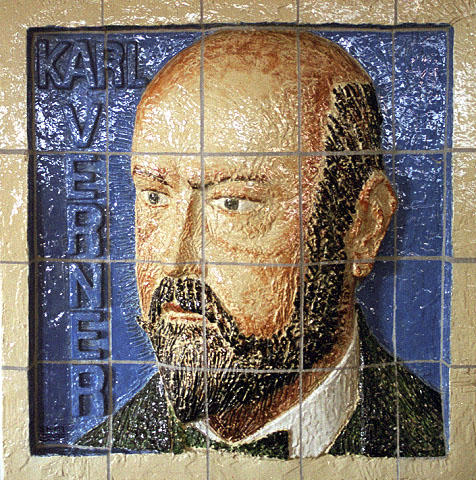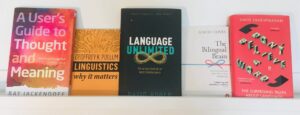Karl Verner, world-famous linguist – a former student at the Aarhus Cathedral School. Part 4
Lingoblog is celebrating the summer with a biography about the world-famous linguist Karl Verner in four parts. In case you missed the first three parts, follow the links here, here and here. Look forward to many more interesting posts after the summer break.
Professor in Copenhagen
When Karl Verner’s teacher, Professor Smith, died in 1881, Verner decided despite great hestitation to apply for a position at Copenhagen University as an associate professor in Slavic studies. From April 1888 he was appointed extraordinary professor. The same year he was – reluctantly – made part of The Royal Danish Society of Sciences, even though he had despised fancy company throughout his life. He preferred the company of the common people … ↪




